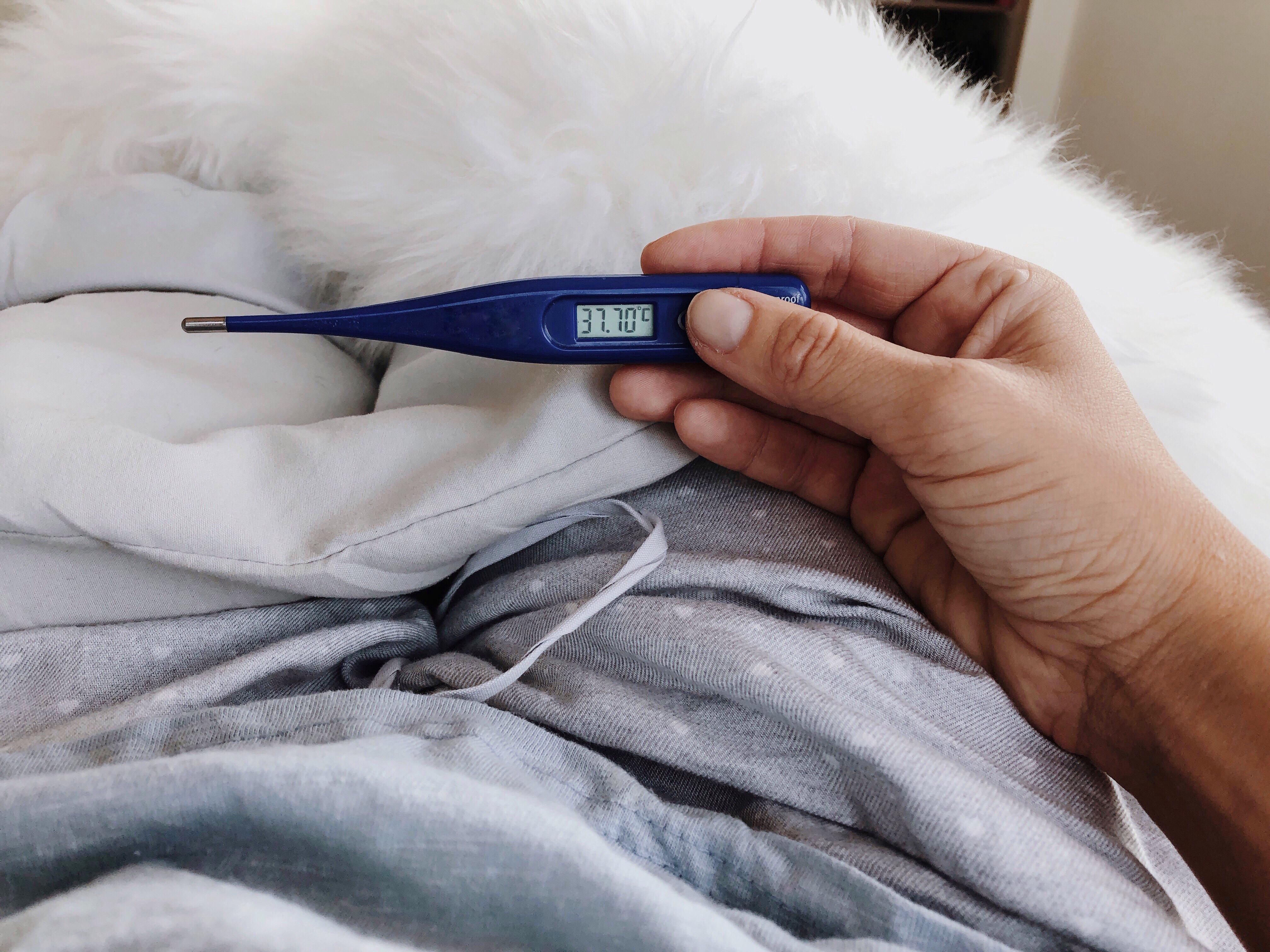11 Unbelievable Reasons Your Kidneys Might Be Throwing a Fit: Glomerulonephritis Edition
3. Strep Throat

Strep throat is a major cause of acute glomerulonephritis. Patients with strep throat typically have a fever, and pain while swallowing is common. The lymph nodes in the front of the neck may become swollen, and patients could also notice small red dots (petechiae) on the roof of the mouth. Strep throat is caused by group A Streptococcus bacteria, and this can be spread by inhaling infected air droplets or by touching a contaminated surface. To test for strep throat, doctors will need to swab the patient's throat. The swab can be tested with a rapid strep test, which gives results in about twenty minutes. The doctor may also choose to perform a throat culture test on the swab. Antibiotics are the standard treatment for strep throat, and most patients are given either amoxicillin or penicillin. A typical course of antibiotics is around seven to ten days, and patients typically notice an improvement in their symptoms after two days. Patients should let their doctor know if they do not get any symptom relief after this period.
4. Polyarteritis

Polyarteritis, also known as polyarteritis nodosa, is an autoimmune condition that causes swelling of the blood vessels. Men are more likely to develop this condition than women, and most patients are diagnosed in their forties or fifties. Polyarteritis can cause swelling of blood vessels throughout the body, including those that lead to the heart, kidneys, and intestines. Patients with the condition could notice sweating, weight loss, fever, and loss of appetite. If the blood vessels that lead to the kidneys are affected, protein may appear in the urine, and patients could develop elevated blood pressure. Doctors use blood tests, urine tests, CT scans, MRI scans, and x-rays in the diagnosis of this condition, and patients may also be asked to have an angiogram or a biopsy as well. Corticosteroids such as prednisone are the first line of treatment, and patients with severe symptoms may also need to take methotrexate or cyclophosphamide. With early treatment, some polyarteritis patients can enter remission.
